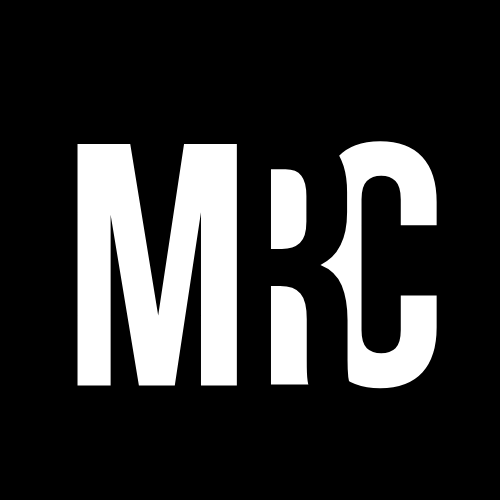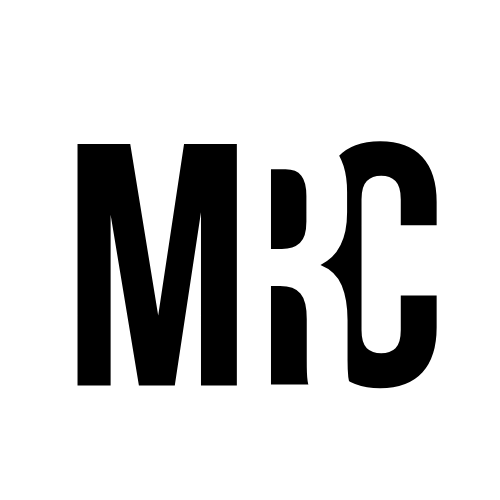231 Ways To Help Prevent MMIWG2S+
There is so much pain and grief being processed in Winnipeg right now. It's got me thinking about how grief impacts us as collectives & groups and how it's so different from how we grieve as individuals. From a collective grief perspective, we need to look no further than the COVID-19 pandemic for an example of the whole world losing people they love, and the life they used to live, everything changed. A similar feeling of helplessness and loss and frustration exists within Indigenous communities as we try our hardest to stop the violence against MMIWG2S, a collective loss, an uncertainty on how we can solve it. Our hearts are heavy and our grief feels never ending. It's clear that we can't do this healing alone. It's clear that we need each other, Indigenous and non Indigenous alike. To me, it is clear that the medicine for a collective loss, is some sort of collective action. Some of us will show up at the rallies and the vigils. Some of us will work inside the systems. Some of us will work on responding to crisis and some of us will try to prevent future tragedies. We need everyone and all gifts if we are going to address the violence in Winnipeg. If we're going to address the epidemic of Missing and Murdered Indigenous Women and girls, we're gonna need many helpers working in many ways.
Have we done a good job in our community helping those who need our help the most after they experience loss and trauma? Is there an increase in mental health supports available? Are there more opportunities for people to be together, to play, to pray, to be creative, to identify their feelings and let them out safely? I wish we did. We need to prioritize stopping the bleeding in the first place, we have to stop the repetitive systemized harms from happening as we saw too often in Winnipeg on 2022 and now continuing in 2023 as it pertains to homicides and Missing and Murdered Indigenous women, girls and gender diverse folks. We must build up healing processes that are understandable, achievable and accessible to those who are currently suffering, many in silence. We must identify and support the spaces and the helpers that work hard to create safety, we must listen to the voices of those who have shared their pain and suggestions I hope we can all find time for self care & grace as we move forward.
We have to stop throwing our hands in the air and asking “what do we do?”. We know what to do! Let’s get to work. There are reports and recommendations and task forces and inquiries that have yielded specific and achievable solutions that are based on lived experience and expert research. When it comes to MMIWG, we have 231 recent calls for justice that we could take action on; these calls are families and relatives fighting through their grief and trauma, literally screaming into the void, asking Canadians if they can help. It is a logical first step for people who want to be allies and supportive, it will help you take actions that are informed and constructive. There are many different sections that relate to all levels of government, media, workplaces, educators, courts, health systems and more. There is also terminology to learn such as 2SLGBTQQIA+ which represents those who are two-spirit, lesbian, gay, bisexual, transgender, queer, questioning, intersex, asexual, and all other sexual orientations and genders. Section 15 actually lists 8 specific calls for justice that are for everyday Canadians to pay attention to, and I wanted to share them in their entirety below. You can also download and read the other 231 calls for justice and other MMIWG reports for additional actions that you can take as an individual and then encourage your family, neighbours, school, workplace or elected officials to take action too.
8 Calls For Justice For All Canadians
As this report has shown, and within every encounter, each person has a role to play in order to combat violence against Indigenous women, girls, and 2SLGBTQQIA people. Beyond those Calls aimed at governments or at specific industries or service providers, we encourage every Canadian to consider how they can give life to these Calls for Justice.
We call on all Canadians to:
15.1 Denounce and speak out against violence against Indigenous women, girls, and 2SLGBTQQIA people.
15.2 Decolonize by learning the true history of Canada and Indigenous history in your local area. Learn about and celebrate Indigenous Peoples’ history, cultures, pride, and diversity, acknowledging the land you live on and its importance to local Indigenous communities, both historically and today.
15.3 Develop knowledge and read the Final Report. Listen to the truths shared, and acknowledge the burden of these human and Indigenous rights violations, and how they impact Indigenous women, girls, and 2SLGBTQQIA people today.
15.4 Using what you have learned and some of the resources suggested, become a strong ally. Being a strong ally involves more than just tolerance; it means actively working to break down barriers and to support others in every relationship and encounter in which you participate.
15.5 Confront and speak out against racism, sexism, ignorance, homophobia, and transphobia, and teach or encourage others to do the same, wherever it occurs: in your home, in your workplace, or in social settings.
15.6 Protect, support, and promote the safety of women, girls, and 2SLGBTQQIA people by acknowledging and respecting the value of every person and every community, as well as the right of Indigenous women, girls, and 2SLGBTQQIA people to generate their own, self-determined solutions.
15.7 Create time and space for relationships based on respect as human beings, supporting and embracing differences with kindness, love, and respect. Learn about Indigenous principles of relationship specific to those Nations or communities in your local area and work, and put them into practice in all of your relationships with Indigenous Peoples.
15.8 Help hold all governments accountable to act on the Calls for Justice, and to implement them according to the important principles we set out.
How do we respond to collective grief? How do we take action that will prevent future suffering? I wish I had the answers, but I just have more questions. Which Calls for Justice are you committing to? Which actions are you taking? We need to provide the appropriate education so that individuals can work together to hold systems accountable. If we can do this work in a good way, the result will be systems that create the conditions we need to live a good life and will ensure that Indigenous women, girls and gender diverse relatives are safe.


